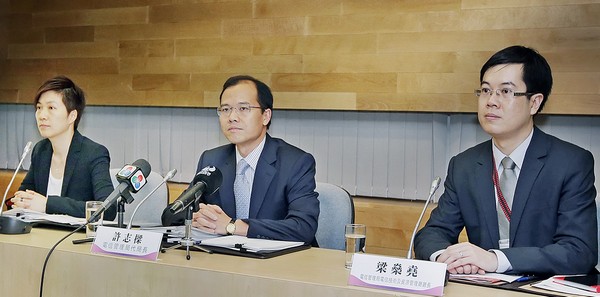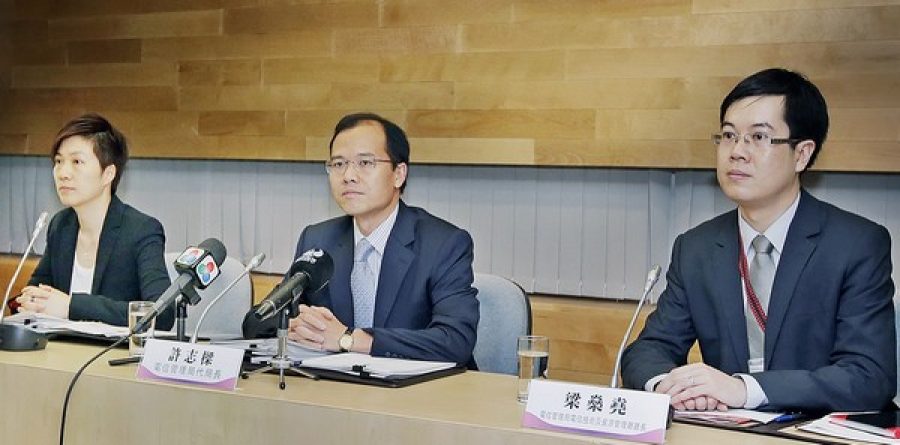It will take three years for Macau to be ready for convergence of television, video and data communication services into one single network, Telecommunications Regulation Bureau (DSRT) Acting Director Horry Hoi Chi Leong said Wednesday.
Hoi made the remarks at a press conference on the future development of the local television service.
According to Hoi, in two to three years time, CTM, MTel and MCTV’s network coverage should be mature enough to provide a network convergence service.
“At the moment, there are at least three [companies] whose networks will meet the government’s requirements in terms of network transmission,” Hoi said, “So [network convergence will be launched within] two to three years. Maybe three years, depending on the progress made on network coverage.”
Hoi pointed out that while CTM’s fibre network already has a relatively high coverage, MTel, which got its licence only last year to provide a fixed telephone line service, needs to reach a network coverage of at least 30 percent by the end of this year, while Macau Cable TV (MCTV) will have to ensure 60 percent network coverage by the end of 2017 under its new five-year contract with the government.
“So after two to three years, the three network operators should be able to provide a network convergence service,” Hoi said.
“If we let CTM do it now, people will think we’re giving CTM a head start, so we need to take a lot of things into consideration before we enter [network convergence],” Hoi said, adding that besides the technical side, the legal matters would also need to be compatible with the new development.
According to Hoi, the government will start to look at the regulations and contract terms for the future network convergence service and decide on how many licences it will issue, based on a research report to be provided by the University of Macau (UM) in September.
Meanwhile, Hoi also said that the government will sign a five-year concession contract with Macau Cable TV (MCTV) when its current 15-year monopoly cable television contract expires on April 21.
Under the new contract, MCTV is required to replace all of its overhead TV cables with underground cables and its network cover needs to reach at least 60 percent by 2017.
According to Hoi, MCTV’s underground cable network currently only has just 10-percent coverage. If the company fails to reach a 60-percent network cover stipulated by the new contract, Hoi said that the company would be fined and risk losing its licence.
Hoi also said that the bureau also signed contracts with 14 antenna companies prior to the press conference. He said the communal antenna service providers would be using the government’s designated transmission network to relay TV signals to households from April 22.
The move means that the antenna companies will no longer be using TV signals from MCTV.
The government recently set up a company called “Macau Basic Television Channels, Limited” with the aim of maintaining residents’ right to watch free-to-air television services that they have been enjoying for decades through signals provided by about a dozen communal antenna companies at a far lower price than MCTV, which signed its first concession contract with Macau’s then Portuguese administration shortly before the establishment of the Macau Special Administrative Region (MSAR) in December 1999.
According to Hoi, residents will still be able to watch all 49 “basic channels” they have been receiving via TV signals relayed by local antenna companies via MCTV.
He also said that MCTV’s monopoly position will end on April 21.
The government has promised to liberalise the city’s TV market. (macaunews/macaupost)






